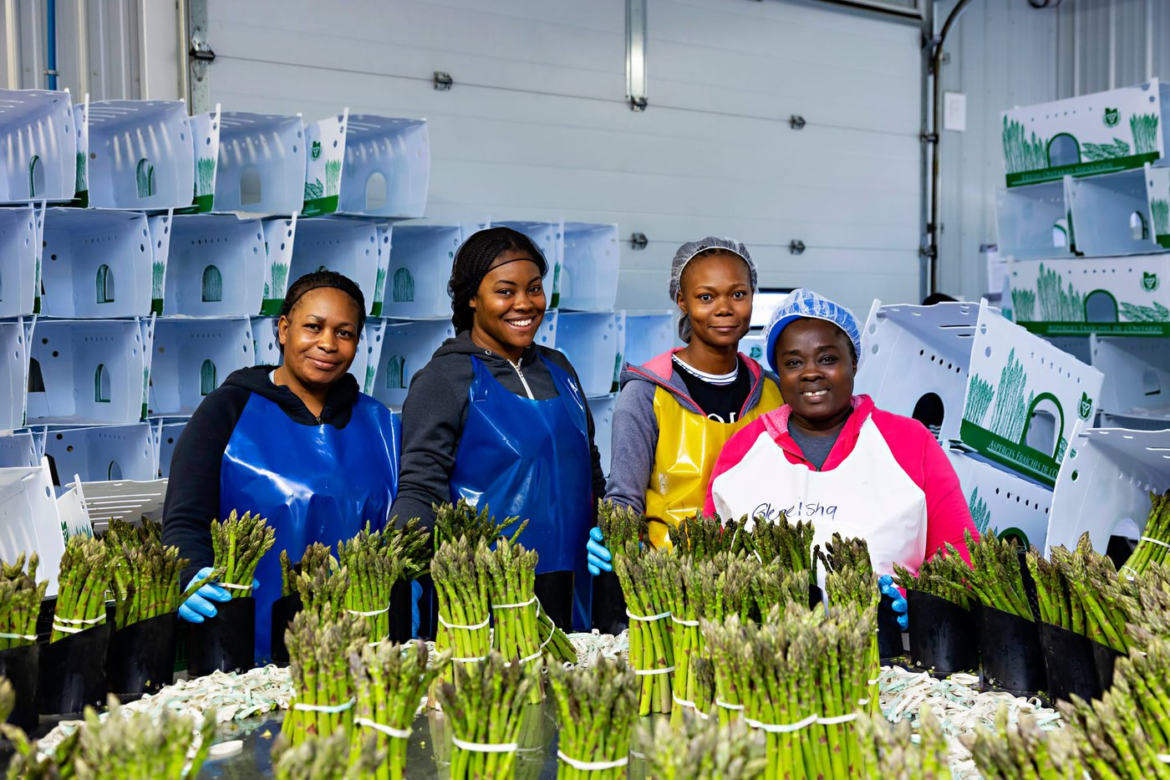324

In 2024, 78,079 temporary foreign workers were employed in the agri-food industry, according to Statistics Canada. Farmphotos.ca

By Ethan Braund | Woolwich Observer The agriculture industry is currently facing a major labour shortage problem, and temporary foreign workers (TFW) are essential to the solution, says the Ontario Federation of Agriculture (OFA). The Canadian Agricultural Human Resource Council reported that 28,200...
This article is available to registered HR News Canada members. Membership is free and provides full access to our independent reporting on workplace HR issues across Canada.
Already a member? Log in below
The Local Journalism Initiative (LJI) supports the creation of original civic journalism that covers the diverse needs of underserved communities across Canada.

HR News Canada is an independent source of workplace news for human resources professionals, managers, and business leaders. Published by North Wall Media.
©2026 All Right Reserved. Designed and Developed by North Wall Media